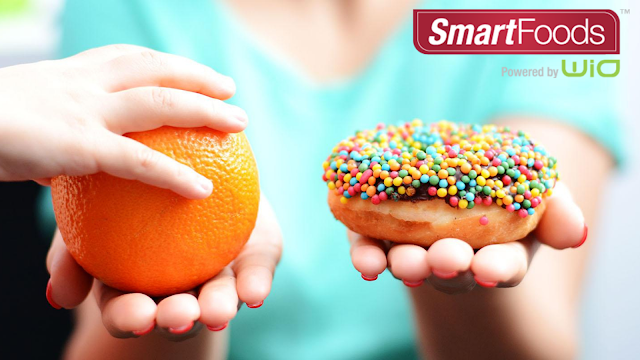What Foods Are Less Resistant To Insulin?
Would you like to gain weight? Ok, I can do that! Yes, I will get you fat. You know-how! I'm just going to give you insulin injections. Inevitably, giving patients an excess of insulin leads to weight gain. In type 1 diabetes, when insulin levels are very low, patients lose weight no matter how many calories they eat. Giving insulin – getting fat. Low Insulin Diet – lose weight (even death). The meaning is clear. Insulin causes weight gain. Knowing this is significant, even though insulin causes weight gain, weight loss is based on insulin reduction. Instead, we were told to focus obsessively on calories.
The traditional weight loss prescription should be limited by decreasing daily dietary fat and consuming several times a day. This does not greatly reduce insulin, since food fat does not have a huge amount of insulin and also reduces insulin secretion. This 'key caloric decline' advice has been estimated at a 99.5 percent failure rate. So, recognize this if you tried to minimize your calories, and you failed. You have to fail.
Understanding that obesity is not a caloric deficiency means, instead, that we need to focus on the impact of low insulin diet instead of calories to lose weight successfully. Most insulin reduction depends on two things:
- What you're eating
- When you're eating
Most of the time, we're thinking about the first problem and talking about it, but both are important to a low insulin diet.


Comments
Post a Comment